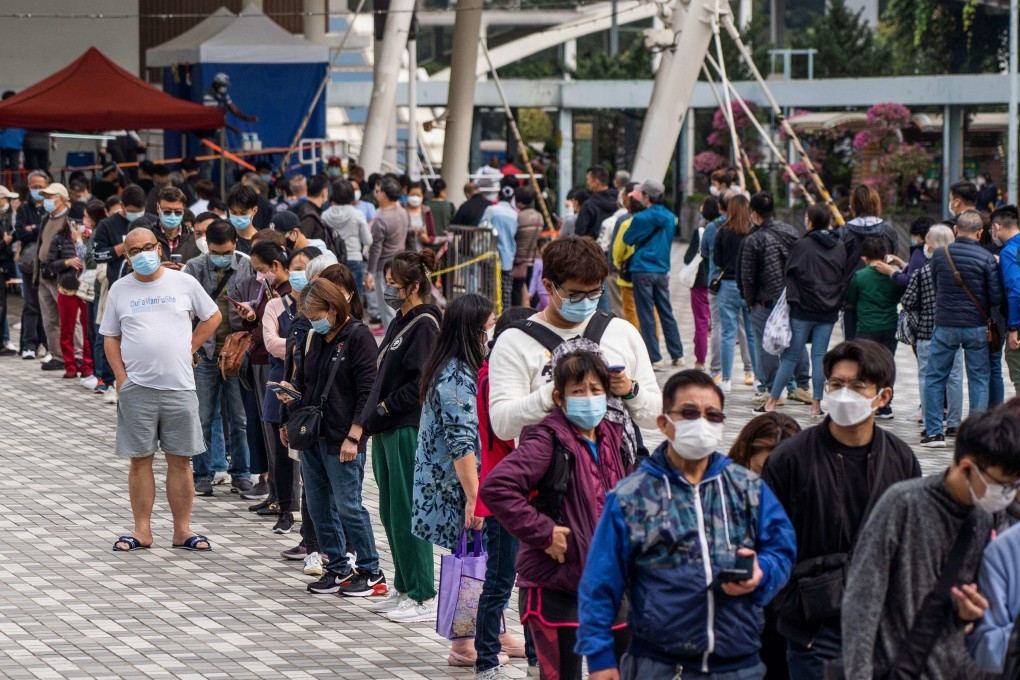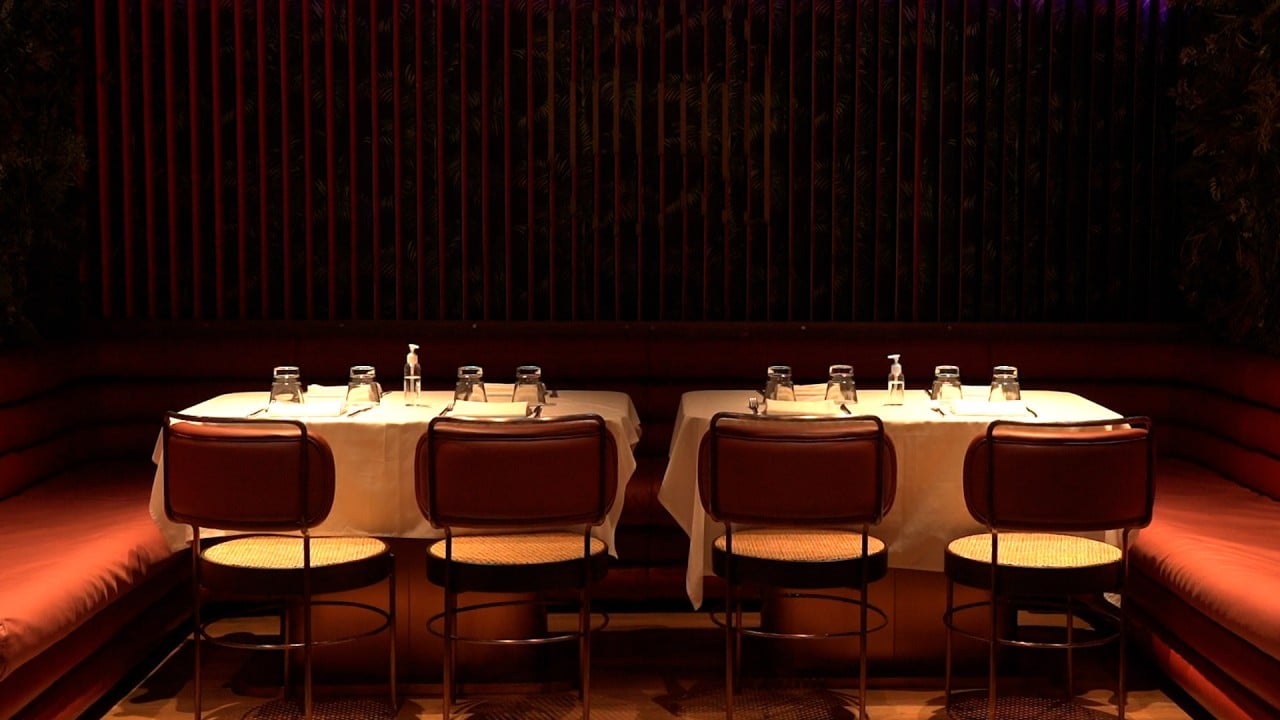Advertisement
Opinion | Can Hong Kong move from ‘zero Covid’ to living with the virus?
- As public frustration grows, the government’s twin pushes for vaccination and stricter Covid-19 measures will only work if there is a clear plan for a return to normal life
- But its desire to reopen the border with the mainland is a stumbling block, and protocols need to evolve to cope with Covid-19 acceptance internationally
Reading Time:3 minutes
Why you can trust SCMP
60

As Covid-19 cases spike, the Hong Kong government has reimposed restrictions to control the spread of the Omicron variant. Meanwhile, the city’s vaccination rate has reached nearly 70 per cent, a level some consider to be sufficient for achieving herd immunity.
Advertisement
What the government appears to have neglected is that its vaccination policy is not just a public policy, but also creates an expectation among the public of a return to normal life, to some degree at least. Therefore it is critical to manage public expectations and be clear about the transition from a zero-Covid policy to coexisting with the virus, to sustain public cooperation.
Last August, the government promoted vaccination as a way to build a “protective shield” for the city. Public health experts claimed that a 70 per cent vaccination rate would confer herd immunity on the city. Although many Hongkongers were hesitant, the vaccination rate for those having received two doses still managed to edge up to 70 per cent.
But cultivating a public expectation of herd immunity conflicts with the Covid-19 policy of zero tolerance. A zero-Covid policy means eliminating every possible case while herd immunity means most people in the community are protected. But it does not guarantee zero infections.
The government does not make clear whether a high vaccination rate will see a policy change from zero-Covid to living with the virus.
This discrepancy is reflected in an official vaccination promotion video mocked by some netizens which features an elderly woman saying she got vaccinated so she can still go to restaurants and see her grandchildren.

Advertisement

